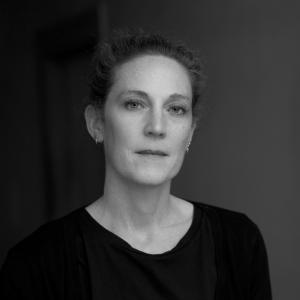PhD project
The subjects of the project are photographic self-portraits taken in the German Reich between 1918 and 1945. The aim is to investigate the extent to which the political, economic and social conditions of the Weimar Republic and the Nazi era influenced the representation of the self in photography. For example, are progressive or imposed roles accepted or subverted in self-portraits? Are there specific thematic focuses for self-portrait photography in the different phases of the Weimar Republic and in the Nazi era? How does the restriction of artistic freedom in the Nazi era affect the staging of the self?
In order to show characteristic developments, individual self-portraits are analysed in more detail and placed in their respective contexts: historical, political, artistic and personal. In this context, it is particularly illuminating to distinguish and compare published and unpublished self-portraits, with the latter being greater in number. In view of the wealth of material, the focus is on two central subjects in self-portraits, which can be found both in the Weimar Republic and in National Socialism and thus allow a comparison. On the one hand, there is the staging of individuality in (self-)portraits, which was perceived and discussed as a crisis in the 1920s. In their self-portrayals, photographers clearly refer to this contemporary debate and create models and antitypes to prevailing ideas of individuality in photography. On the other hand, the work deals with staging as a photographer, whose image became increasingly differentiated in the Weimar Republic and was influenced by artists, new media and technical innovations.

